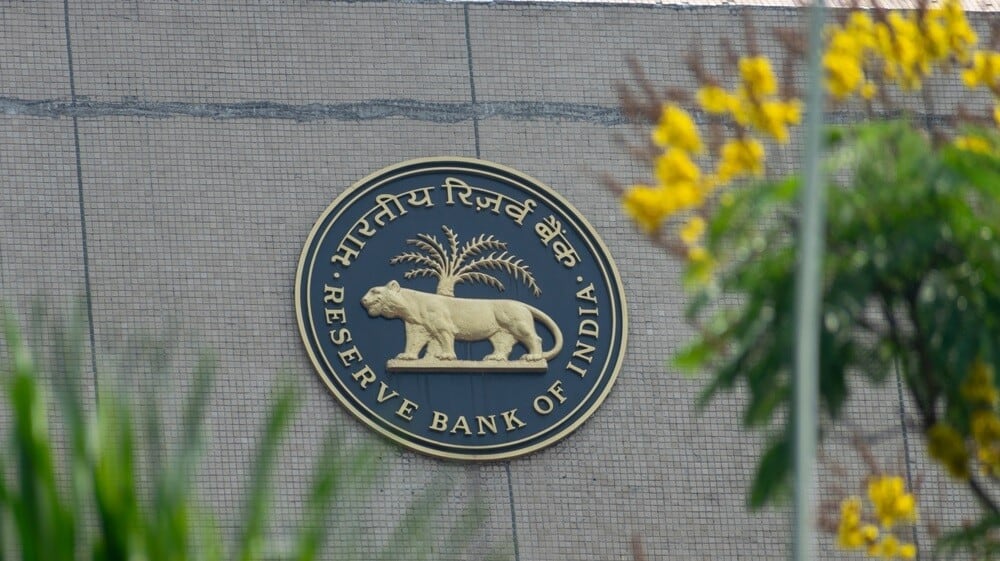
RBI to establish climate risk information system for financial institutions
What's the story
The Reserve Bank of India (RBI) has announced plans to develop a data repository for financial institutions, one that will specifically be used to monitor climate-related risks. The initiative, dubbed the Reserve Bank - Climate Risk Information System (RB-CRIS), will comprise a web-based directory and a data portal with relevant climate data sets. The announcement was made by RBI Governor Shaktikanta Das during the recent monetary policy declaration.
Components
RB-CRIS: A 2-part system for climate risk assessment
The RB-CRIS will be split into two parts. The first part will be a web-based directory that will include different data sources like meteorological and geospatial data, which will be publicly available on the RBI website. The second part shall be a data portal with datasets in standardized formats. However, this portal will be accessible only to regulated entities in a phased manner, Das announced.
Financial implications
Central bank emphasizes climate change as significant risk
The RBI has flagged climate change as a major risk to the financial system. The central bank emphasized that regulated entities must conduct climate risk assessments, to ensure the stability of their balance sheet and that of the overall financial system. "Such an assessment requires, among other things, high-quality data relating to local climate scenarios, climate forecasts, and emissions," Das said during his announcement.
Data challenges
RBI acknowledges gaps in current climate-related data
The RBI has noted that the current climate-related data is characterized by several gaps, including fragmented and varied sources, different formats, frequencies, and units. In July, RBI Deputy Governor M Rajeshwar Rao had pointed out the potential of climate change to trigger shocks to monetary stability, growth, financial stability, and the safety of regulated entities. He had also said climate-related events could affect borrowers' credit quality and loan-repayment capabilities.
Policy development
Comprehensive ESG policy and green initiatives
The RBI is also working on a detailed Environmental, Social, and Governance (ESG) policy. This will cover climate sustainability, investment in sovereign green bonds, evaluating impact of climate change on default risk, and contingency planning for extreme climate-related events through actuarial analysis. In April 2023, the RBI had launched a framework for accepting "green deposits" from regulated entities to foster a green financial ecosystem in India.